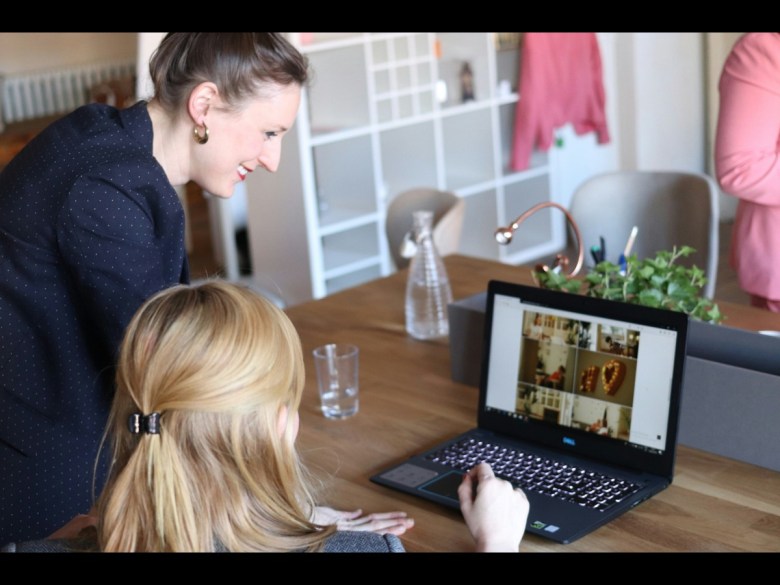The transition from school to work for young people with disability is often a time of uncertainty and flux for families, carers and those with disability themselves.
But research suggests there are ways of improving the outcomes for young people with disability making the change from school to work – helping them into supportive employment where they can thrive.
A new report prepared by the Centre for Social Impact – called ‘School to work transition for young people with disability in Australia: The Ticket to Work approach’ – evaluates evidence from international research, as well as the Australian transition initiative Ticket to Work, about what works during the transition for people with disability – and what factors need to be improved.
Key elements
The research found six key elements that contribute to employment outcomes for young people with disability:
- Family involvement and high expectations
- Student-focused transition planning
- Skills development, both in school and after leaving school, and including vocational skills
- Work experience or paid employment
- Employment supports
- Inter-agency collaboration.
The researchers noted that transition outcomes can be impacted by other factors that can’t be controlled for, like place of residence and where a person went to school, and the broader policy environment; however, these six elements were found to be closely related to a successful transition from a school environment to work for young people with disability.
Ticket to Work
According to the report, few young Australians with disability have access to supports through their transition that follow the international evidence for success. The report cites research showing that “barriers to effective transition practice have been repeatedly identified”. It also notes that the transition takes place within a “complex ecosystem… one that has failed to deliver the evidence informed activities that result in employment outcomes post school”.
Ticket to Work has taken a number of steps to help make the transition a smoother experience and prepare youth with disability to find work after leaving school. For example, Ticket to Work took a highly collaborative approach between the different people and organisations in a young person’s life, connecting them up and bringing them together. Employers were provided with supports to increase their confidence in hiring a disabled employee. The Ticket to Work program focused on skills development for young people with disability, including work-based learning through things like vocational training and apprenticeships.
The report noted that as Ticket to Work spread, “systemic policy and practice barriers impacting on tradition to work for young people with disability began to be made visible”.
The research concludes that the school to work transition should be designed using evidence-based practice – such as that evaluated within the report. The report made a number of recommendations, including building the capacity of the schooling system as a key part of the transition to work, and developing a market of supportive employment providers. Finally, governments can play a role in “redesigning the existing ecosystem to… support employment of people with disability”. Read the full report on the Centre for Social Impact website.

